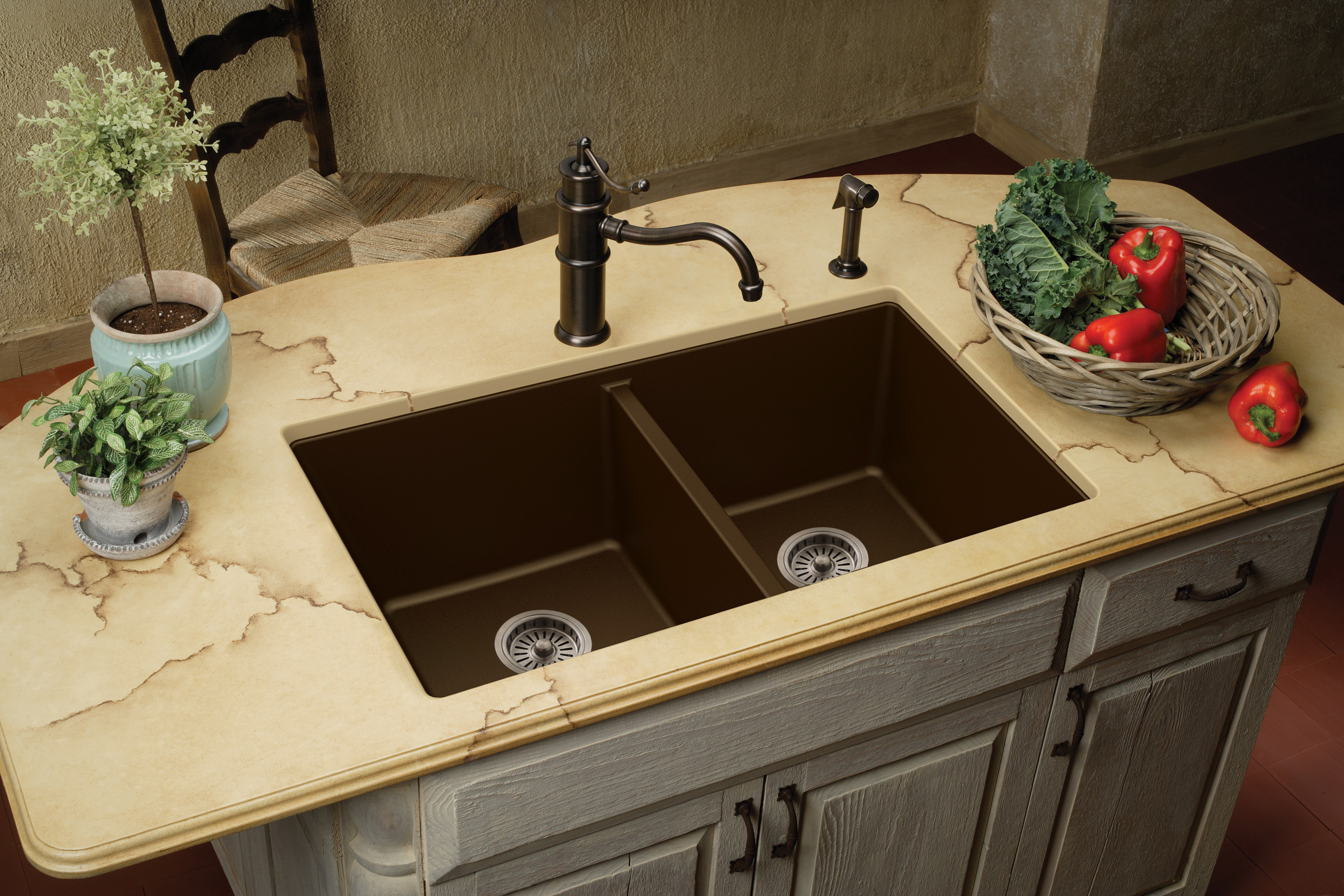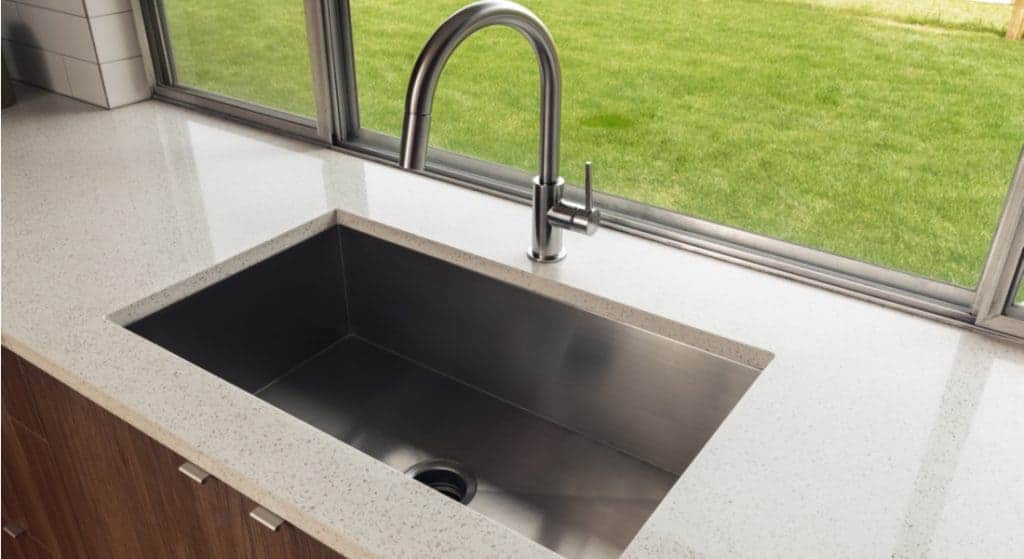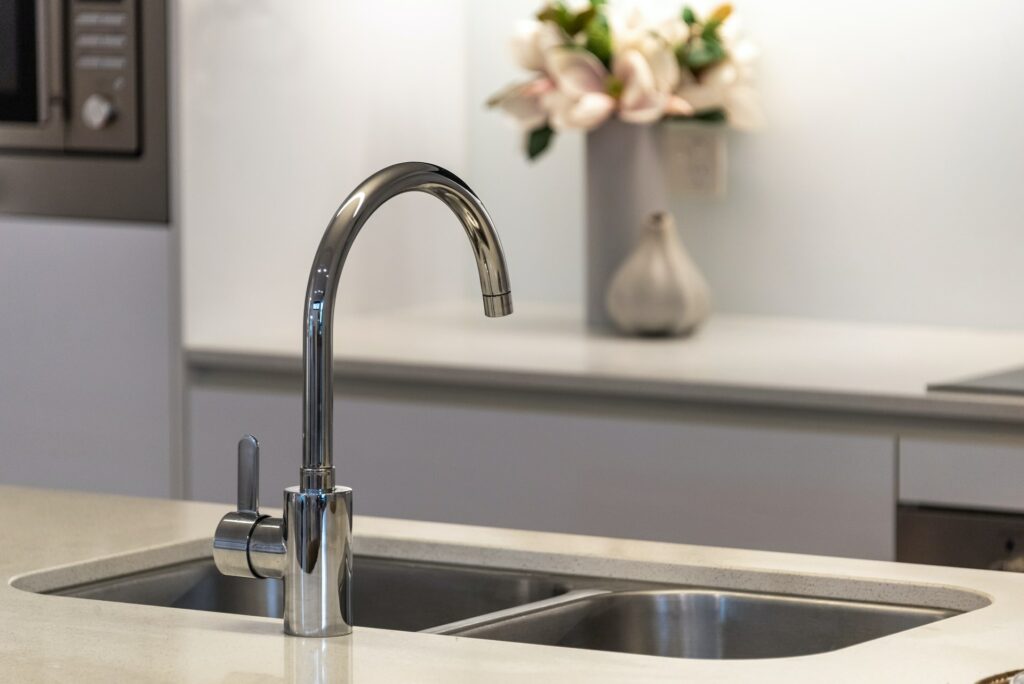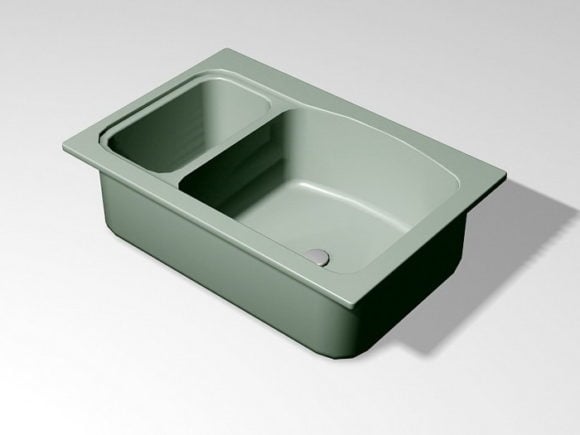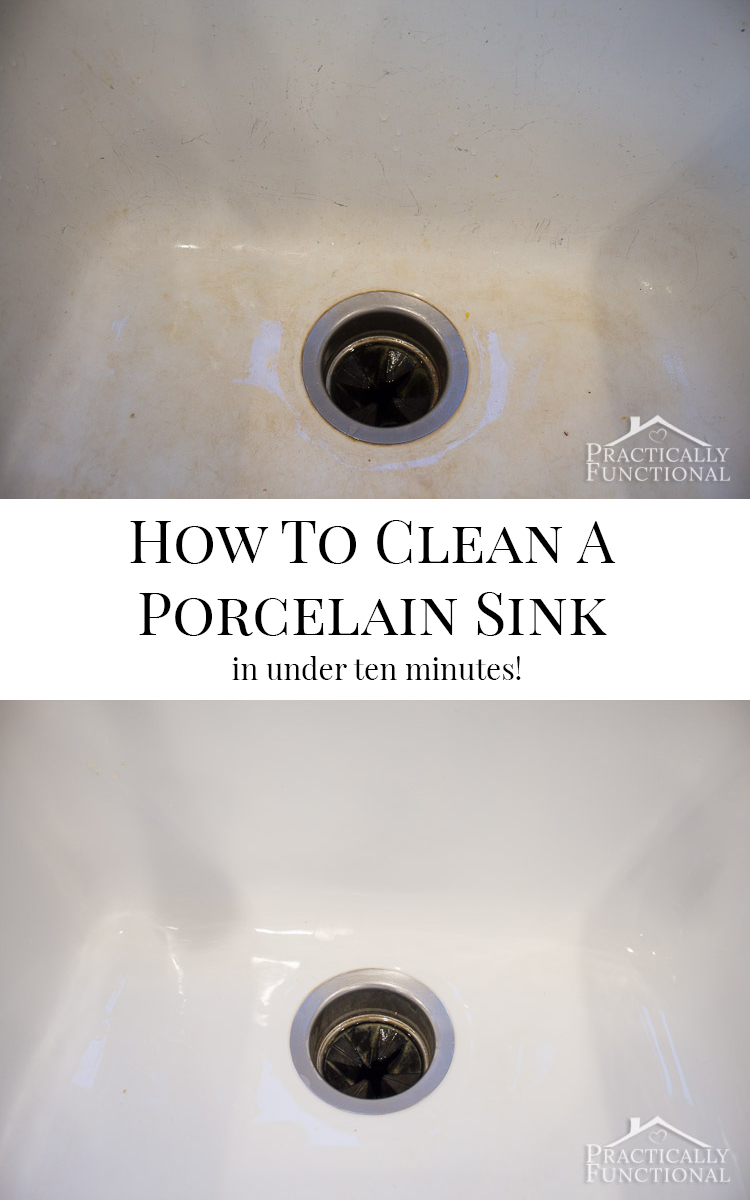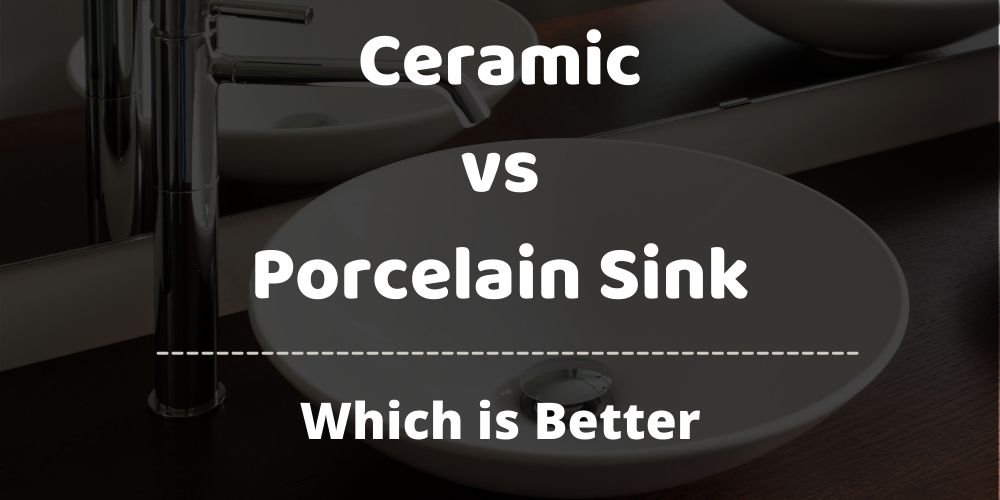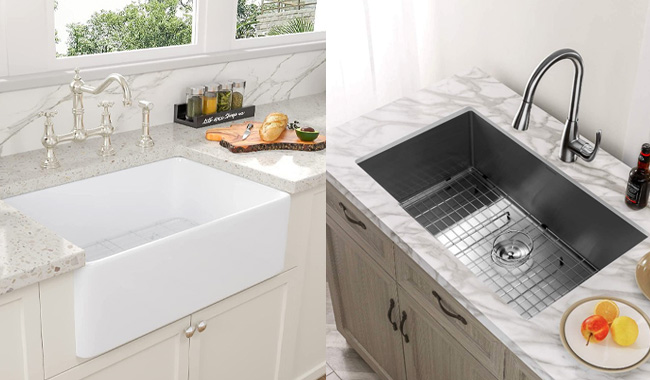Stone vs Porcelain Kitchen Sink: Which One is Better?
When it comes to choosing the perfect kitchen sink, there are many options available in the market. However, two popular materials that often come to mind are stone and porcelain. Both have their own unique qualities and benefits, making it difficult to determine which one is better. In this article, we will dive into a comprehensive comparison of stone and porcelain kitchen sinks, so you can make an informed decision for your kitchen.
Stone vs Porcelain Kitchen Sink: A Comprehensive Comparison
Before we delve into the pros and cons of each material, let's first understand the key differences between stone and porcelain kitchen sinks.
Material: As the name suggests, a stone kitchen sink is made from natural stones such as granite, marble, or soapstone. On the other hand, a porcelain kitchen sink is made from a combination of clay and porcelain enamel.
Appearance: Stone kitchen sinks have a more rustic and natural look, with visible grains and variations in color. Porcelain sinks, on the other hand, have a smooth and glossy finish, with a variety of color options available.
Price: Stone kitchen sinks tend to be more expensive than porcelain sinks due to the cost of sourcing and shaping natural stones. Porcelain sinks are relatively more affordable, making them a popular choice for budget-conscious homeowners.
Durability: Both stone and porcelain kitchen sinks are known for their durability, but they have different strengths. Stone sinks are highly resistant to heat and impact, while porcelain sinks are more resistant to scratches and stains.
Maintenance: Proper maintenance is essential for both stone and porcelain kitchen sinks to ensure their longevity. However, the maintenance required for each material differs, which we will discuss in detail in the next section.
Stone vs Porcelain Kitchen Sink: Pros and Cons
Now, let's take a closer look at the pros and cons of stone and porcelain kitchen sinks to help you make an informed decision.
Stone vs Porcelain Kitchen Sink: Which Material is More Durable?
Both stone and porcelain kitchen sinks are known for their durability, but they have different strengths. Stone sinks are highly resistant to heat and impact, making them a great option for busy kitchens or for those who frequently use hot pots and pans. On the other hand, porcelain sinks are more resistant to scratches and stains, making them a good choice for households with children or pets.
However, it is important to note that both materials require regular maintenance to ensure their longevity. Stone sinks need to be sealed regularly to prevent staining, while porcelain sinks may need to be re-enameled if they become chipped or scratched.
Stone vs Porcelain Kitchen Sink: Which One is Easier to Maintain?
Proper maintenance is crucial for both stone and porcelain kitchen sinks. However, the maintenance required for each material differs.
Stone sinks require regular sealing to prevent staining and maintain their appearance. This can be done every 6-12 months, depending on usage. On the other hand, porcelain sinks are relatively easier to maintain, as they only require regular cleaning with a mild soap and water solution. However, it is important to avoid using abrasive cleaners or harsh chemicals on both types of sinks.
Stone vs Porcelain Kitchen Sink: Which One is More Affordable?
When it comes to cost, porcelain sinks are generally more affordable compared to stone sinks. This is because the cost of sourcing and shaping natural stones can be expensive, making stone sinks a more luxurious option. However, both materials are available at a range of prices, so it ultimately depends on your budget and preferences.
Stone vs Porcelain Kitchen Sink: Which One is More Stylish?
Both stone and porcelain kitchen sinks have their own unique styles to offer. Stone sinks have a natural and rustic charm, with visible grains and variations in color. This makes them a great choice for traditional or farmhouse-style kitchens. On the other hand, porcelain sinks have a smooth and glossy finish, with a variety of color options to choose from. This makes them a versatile option that can fit into any kitchen style.
Stone vs Porcelain Kitchen Sink: Which One is More Environmentally Friendly?
If being environmentally friendly is a priority for you, then a stone kitchen sink may be the better option. Stone is a natural and sustainable material, while the production of porcelain sinks involves energy-intensive processes and the use of chemicals.
Stone vs Porcelain Kitchen Sink: Which One is More Resistant to Stains and Scratches?
Both stone and porcelain sinks have their own strengths when it comes to stain and scratch resistance. Stone sinks are highly resistant to stains, as they are non-porous and do not absorb liquids. However, they can be prone to scratches if abrasive materials are used for cleaning. Porcelain sinks, on the other hand, are highly resistant to scratches and stains. However, they may show water spots and scratches over time if not properly maintained.
Stone vs Porcelain Kitchen Sink: Which One is More Hygienic?
Both stone and porcelain sinks are considered hygienic options for a kitchen sink. However, porcelain sinks have a slight advantage as they are non-porous and do not harbor bacteria or other germs. Stone sinks, on the other hand, may have small crevices and pores where bacteria can hide if not properly cleaned and maintained.
In conclusion, both stone and porcelain kitchen sinks have their own unique qualities and benefits. It ultimately comes down to personal preference and budget when choosing between the two. Whichever material you decide on, make sure to properly maintain it to ensure its longevity and keep your kitchen looking beautiful for years to come.
Stone vs Porcelain Kitchen Sink: Which is the Best Choice for Your Kitchen?

The Benefits of a Stone Kitchen Sink
 When it comes to choosing a kitchen sink, there are a variety of options on the market. While porcelain sinks have been a popular choice for decades, there has been a recent rise in popularity of stone sinks. So, which one is the better choice for your kitchen? Let's take a closer look at the benefits of a stone kitchen sink.
Durability:
One of the main advantages of a stone kitchen sink is its durability. Made from natural materials such as granite, marble, or soapstone, these sinks are incredibly strong and resistant to scratches, chips, and stains. They can withstand heavy daily use without showing signs of wear and tear, making them a practical and long-lasting choice for any kitchen.
Heat Resistance:
Another benefit of a stone kitchen sink is its heat resistance. Unlike porcelain sinks, which can be damaged by hot pots and pans, stone sinks can withstand high temperatures without any issues. This makes them a great choice for busy kitchens where hot items are constantly being placed in the sink.
Aesthetic Appeal:
Stone kitchen sinks also add a touch of elegance and luxury to any kitchen. The natural patterns and colors of the stone create a unique and beautiful look that can't be replicated by other materials. Plus, with a variety of stone options available, you can choose the perfect sink to complement your kitchen's design and style.
When it comes to choosing a kitchen sink, there are a variety of options on the market. While porcelain sinks have been a popular choice for decades, there has been a recent rise in popularity of stone sinks. So, which one is the better choice for your kitchen? Let's take a closer look at the benefits of a stone kitchen sink.
Durability:
One of the main advantages of a stone kitchen sink is its durability. Made from natural materials such as granite, marble, or soapstone, these sinks are incredibly strong and resistant to scratches, chips, and stains. They can withstand heavy daily use without showing signs of wear and tear, making them a practical and long-lasting choice for any kitchen.
Heat Resistance:
Another benefit of a stone kitchen sink is its heat resistance. Unlike porcelain sinks, which can be damaged by hot pots and pans, stone sinks can withstand high temperatures without any issues. This makes them a great choice for busy kitchens where hot items are constantly being placed in the sink.
Aesthetic Appeal:
Stone kitchen sinks also add a touch of elegance and luxury to any kitchen. The natural patterns and colors of the stone create a unique and beautiful look that can't be replicated by other materials. Plus, with a variety of stone options available, you can choose the perfect sink to complement your kitchen's design and style.
The Advantages of a Porcelain Kitchen Sink
 While stone kitchen sinks have their benefits, porcelain sinks also have their own unique advantages. Here are some reasons why you might want to consider a porcelain sink for your kitchen.
Affordability:
Compared to stone sinks, porcelain sinks tend to be more affordable. This makes them a popular choice for homeowners on a budget who still want a stylish and functional sink in their kitchen.
Easy to Clean:
Porcelain sinks are also relatively easy to clean and maintain. The smooth surface of the sink makes it difficult for dirt and grime to stick, and a simple wipe down with a gentle cleaner is usually all that's needed to keep it looking like new.
Variety of Designs:
Another advantage of porcelain sinks is the variety of designs available. From traditional white sinks to more modern and colorful options, there is a porcelain sink to suit every kitchen style and preference.
While stone kitchen sinks have their benefits, porcelain sinks also have their own unique advantages. Here are some reasons why you might want to consider a porcelain sink for your kitchen.
Affordability:
Compared to stone sinks, porcelain sinks tend to be more affordable. This makes them a popular choice for homeowners on a budget who still want a stylish and functional sink in their kitchen.
Easy to Clean:
Porcelain sinks are also relatively easy to clean and maintain. The smooth surface of the sink makes it difficult for dirt and grime to stick, and a simple wipe down with a gentle cleaner is usually all that's needed to keep it looking like new.
Variety of Designs:
Another advantage of porcelain sinks is the variety of designs available. From traditional white sinks to more modern and colorful options, there is a porcelain sink to suit every kitchen style and preference.
Which One is Right for You?
 In the end, the choice between a stone or porcelain kitchen sink comes down to personal preference and your specific needs. Both options have their own unique benefits, and it's important to consider your budget, lifestyle, and design preferences when making your decision. Whichever sink you choose, make sure to properly maintain it to ensure its longevity and beauty in your kitchen.
In the end, the choice between a stone or porcelain kitchen sink comes down to personal preference and your specific needs. Both options have their own unique benefits, and it's important to consider your budget, lifestyle, and design preferences when making your decision. Whichever sink you choose, make sure to properly maintain it to ensure its longevity and beauty in your kitchen.




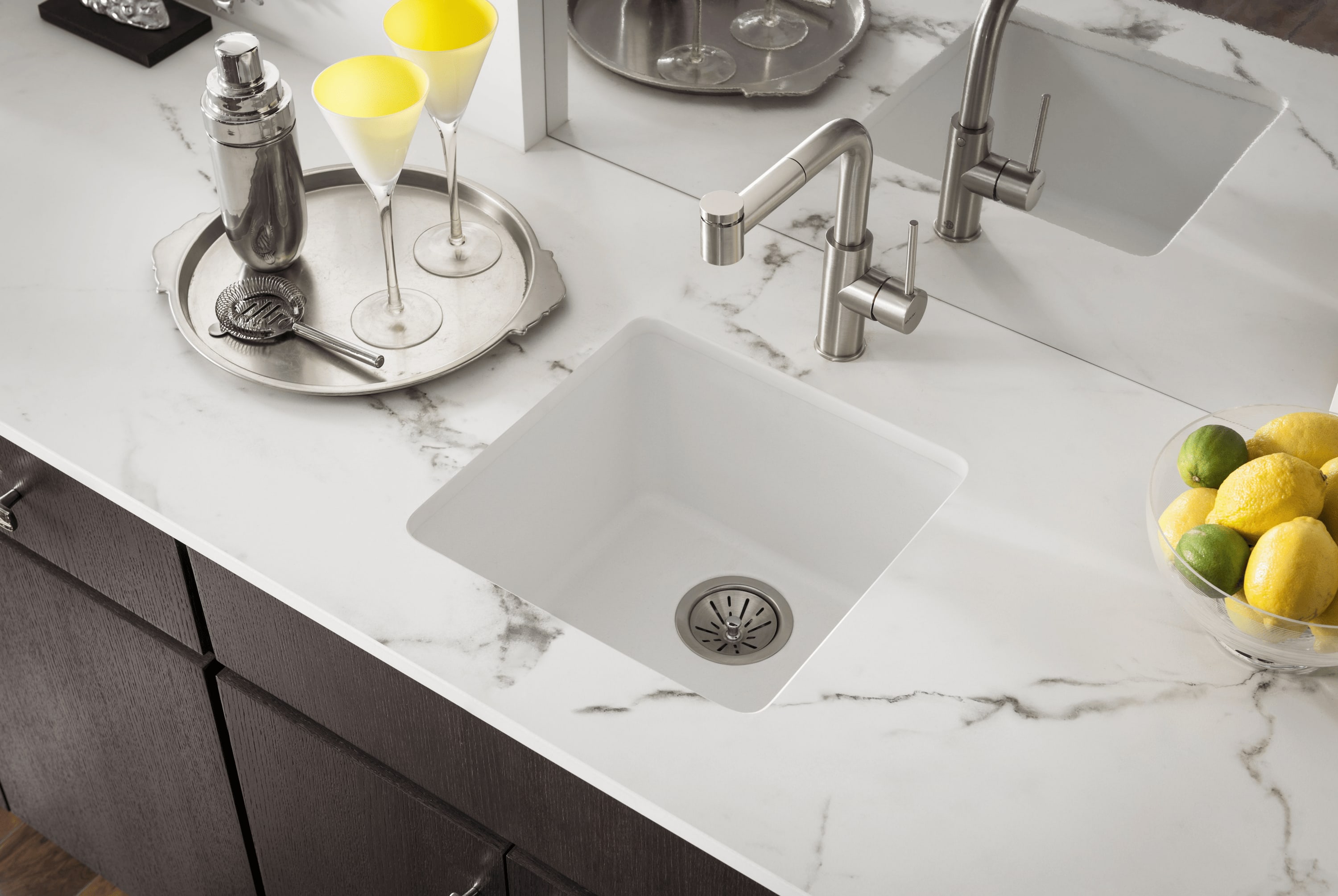

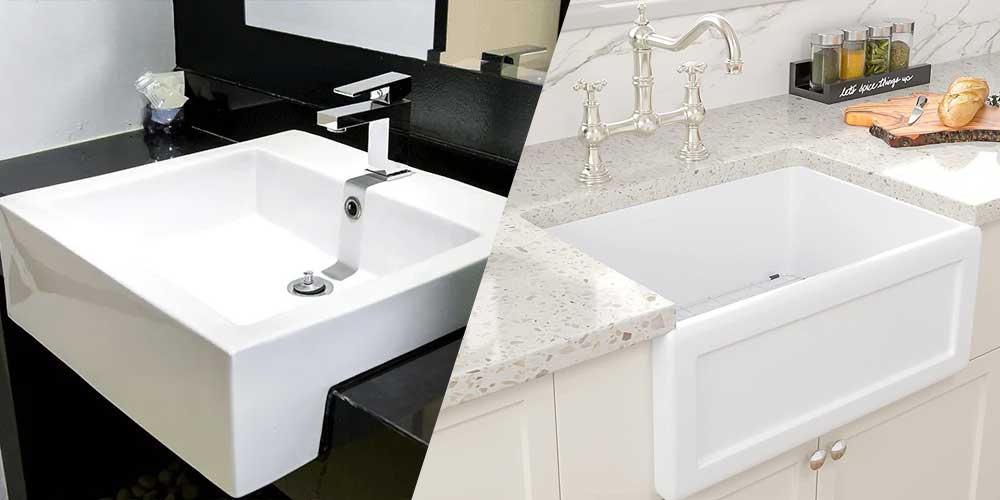

.jpg)
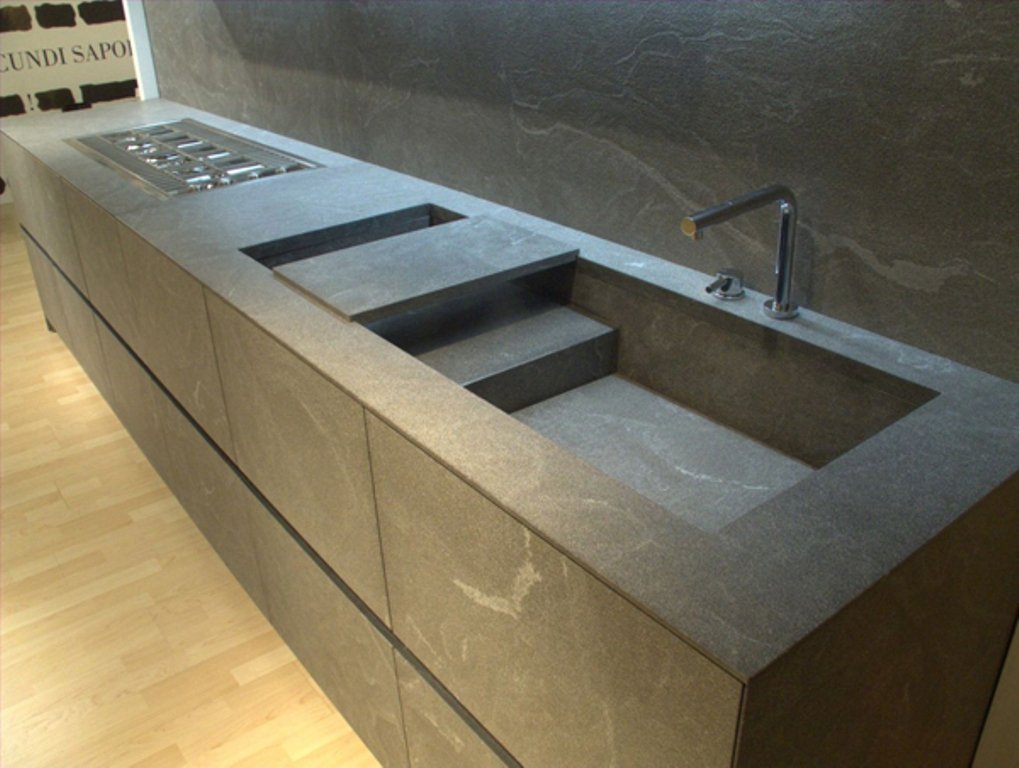



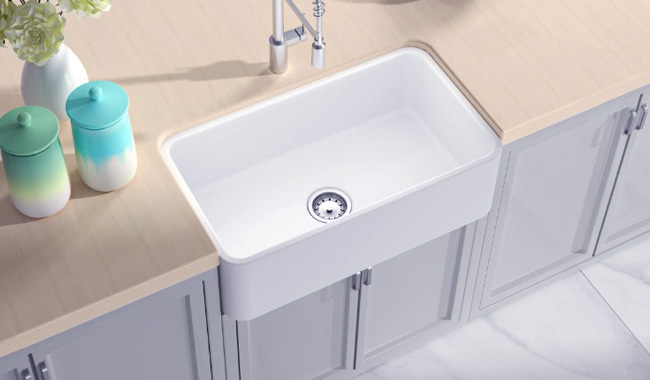








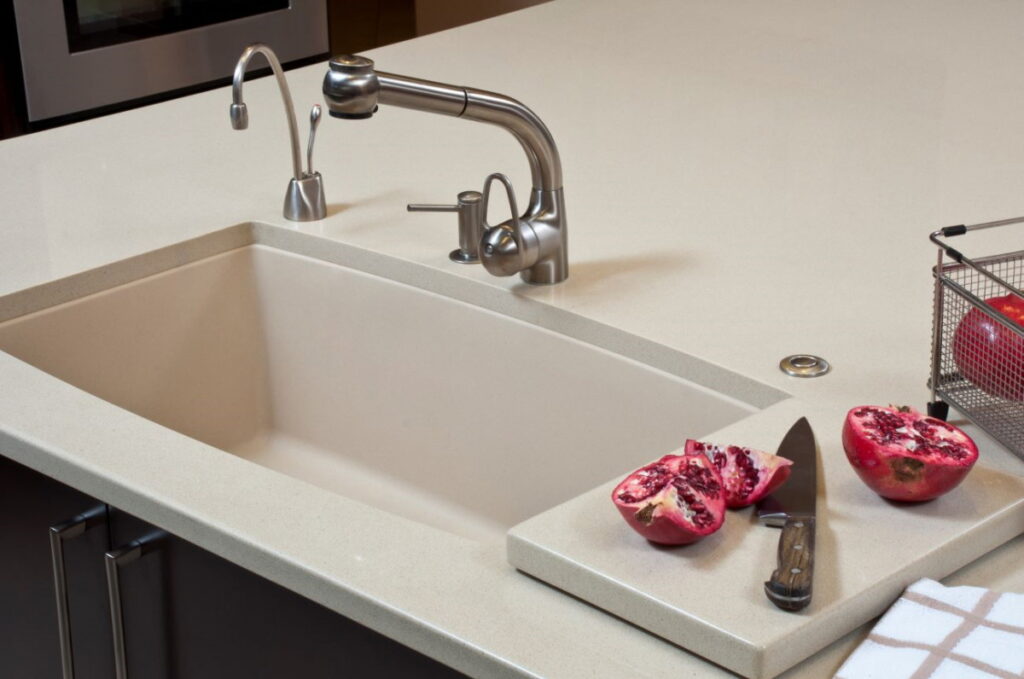

:max_bytes(150000):strip_icc()/porcelain-tile-vs-ceramic-tile-1822583-FINAL-5b1ab0f043a1030036a6e6cc.png)



